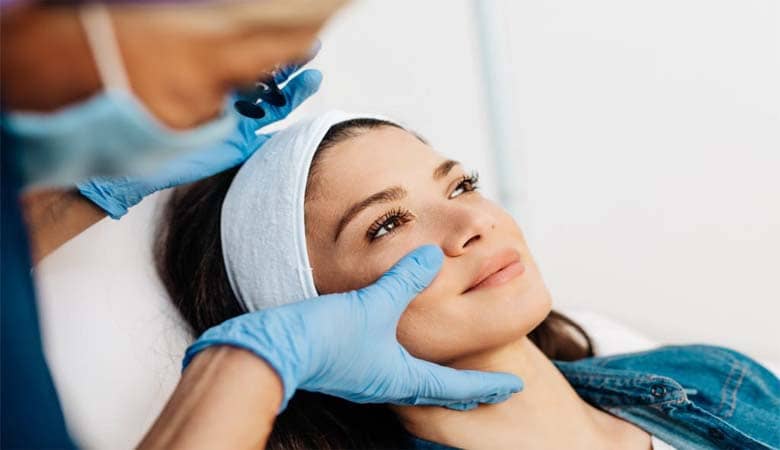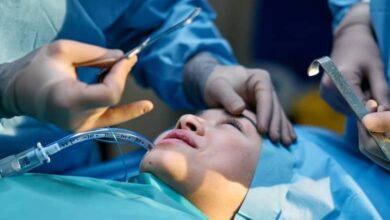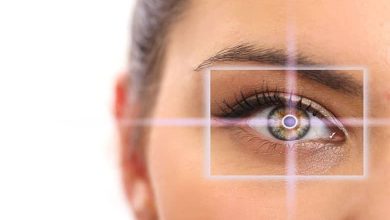Why Is Plastic Surgery Necessary?

Plastic surgery is a medical specialty involving the repair and reconstruction of tissue, body contouring, and reshaping. It encompasses both cosmetic and reconstructive procedures.
Some procedures are considered medically necessary, such as reconstructive surgery to correct congenital disabilities like cleft lips and palates. But others are not. Getting in shape through diet and exercise is always better than surgical alteration.
Cosmetic
Cosmetic plastic surgery Bellevue reshapes and adjusts normal anatomy to enhance the overall appearance of your body. Examples of these surgeries include breast augmentation, facelifts, and liposuction. Cosmetic surgery can boost your confidence and self-esteem. This is especially important if you feel insecure about a particular body part, such as your nose, thighs, or eyes. However, it’s important to note that cosmetic surgery won’t fix any other issues you may have.
Many people who seek cosmetic surgery do so because of a lack of self-confidence. These individuals often feel uncomfortable in social situations and have difficulty communicating with others. In some cases, cosmetic surgery can lead to an addiction. People who become addicted to cosmetic treatments have body dysmorphic disorder when they develop an unhealthy obsession with certain aspects of their appearance. This condition can lead to other health complications if left untreated. For instance, excess skin on the neck can contribute to blood clots in the lungs or legs.
Reconstructive
Reconstructive plastic surgery can be necessary to restore function or correct deformities caused by congenital disabilities, injuries, or medical conditions, including cancer. Some examples include cleft lip and palate repair, breast reconstruction after mastectomy, and reconstructive surgery for burns. Reconstructive procedures are typically considered medically necessary and covered by health insurance.
However, the lines between reconstructive and cosmetic plastic surgery are blurry. For example, rhinoplasty is often performed to enhance appearance and may be deemed cosmetic, but it can also improve nasal breathing or reduce the size of a large nose.
It is essential to thoroughly research the pros and cons of plastic surgery before deciding if it is right for you. Talking to a specialist in the field can help you gain peace of mind and make an informed decision. Having an open and honest conversation with your surgeon is critical to ensuring you will be happy with the outcome. Choosing the right surgeon can also mean you will have a shorter recovery time and can return to work or school more quickly.
Mental Health
Men and women can improve their self-image with cosmetic plastic surgery, sometimes leading to enhanced mental health. However, if the root cause of the patient’s insecurities is an underlying psychological disorder, such as body dysmorphic disorder (BDD), the surgery can make them feel worse.
Both surgeons and patients must understand what the risks are of undergoing plastic surgery. It’s also crucial to seek additional support modes, such as therapy and medication, to help reduce adverse effects.
The ideal candidate for cosmetic plastic surgery has a positive attitude, realistic expectations, and no history of mental illness. Plastic surgeons should ask about the motivations and goals of their patients before surgery and refer those with questionable or unrealistic motives to a mental health professional for evaluation. These professionals can screen for mental health issues, such as BDD, that may interfere with surgical results. They can also offer advice on how to overcome these issues, such as through cognitive behavioral therapy.
Safety
From restructuring burn victims to eliminating congenital disabilities, from reshaping your nose and improving your breathing to getting rid of excess skin that makes you look older than you are, plastic surgery can solve almost all physical problems. But you must know all about the procedures before you decide to go under the knife. This includes understanding the risks and benefits and considering the alternatives.
Medically necessary plastic surgeries usually restore a healthy body function and normal appearance after severe injury or illness. For example, cleft palates and lips are corrected through craniofacial surgery.
Cosmetic procedures should never be considered an alternative to a healthy diet and exercise. But they can be accommodating in enhancing your self-image and increasing confidence. This can help motivate you to plunge into areas you have previously been shy or hesitant to try. For instance, women who undergo breast reduction report increased energy levels and greater social comfort due to their procedure.




